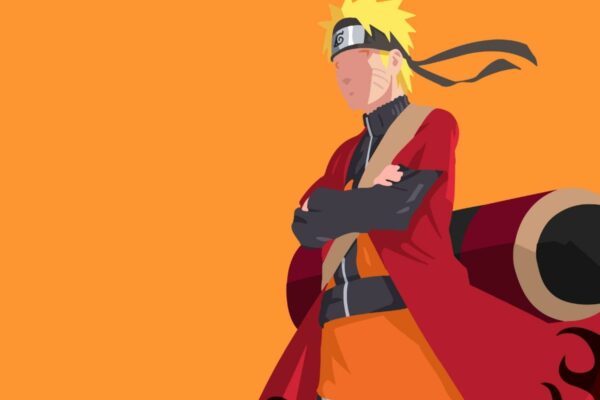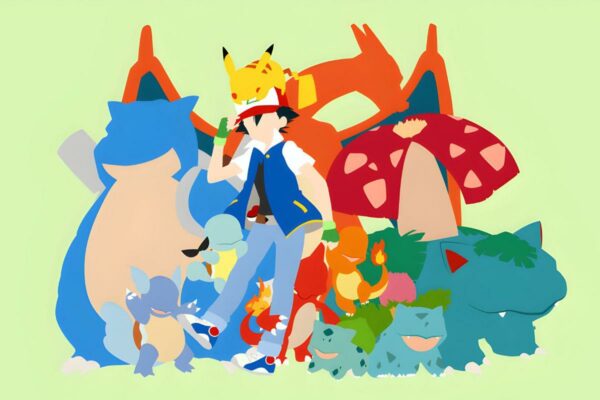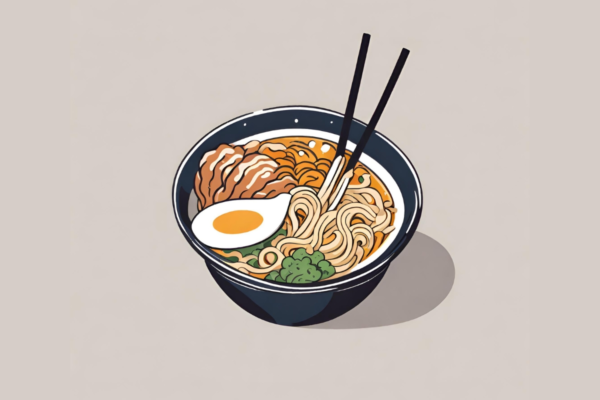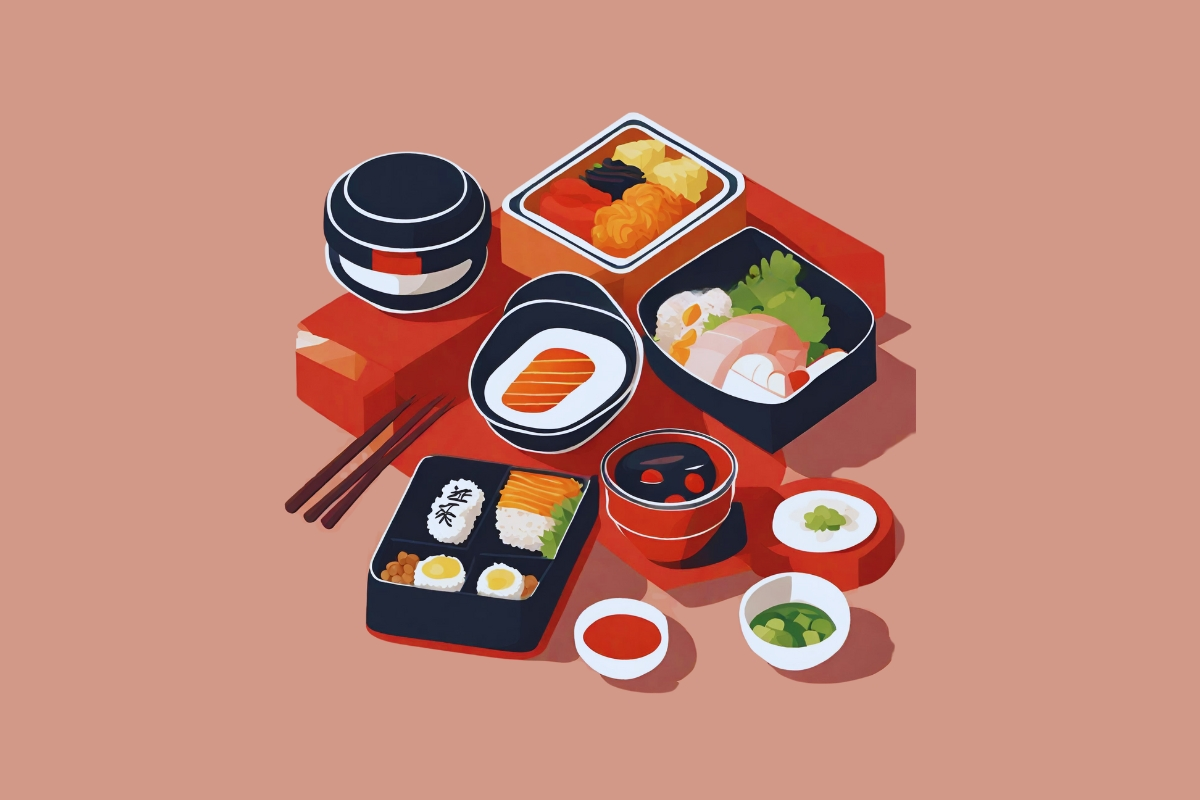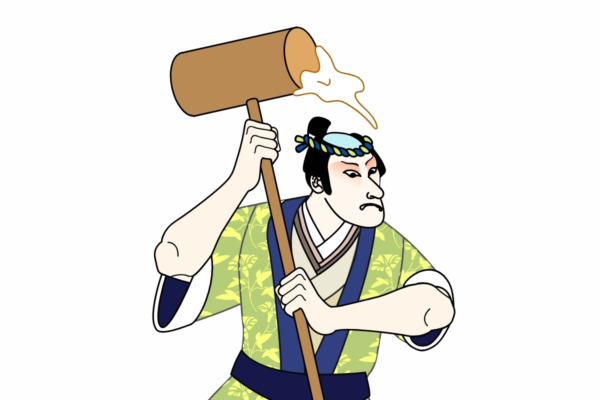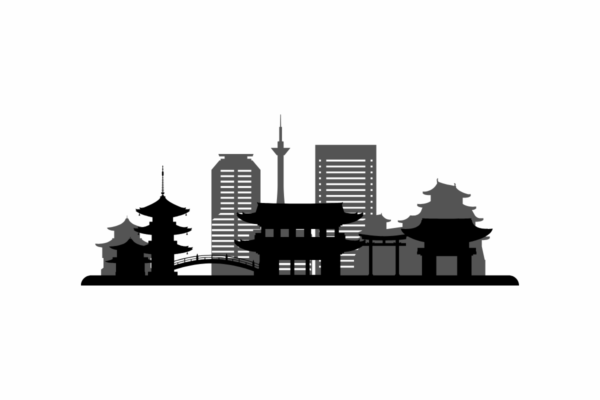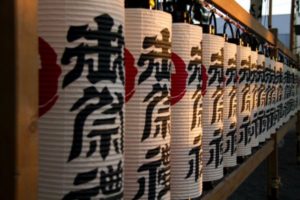It’s a Monday morning. Your alarm clock goes off and you open your eyes, just enough to press the snooze button. You then get dressed and head to work.
After a long day, you come home and think to yourself, “Is this all that my life amounts to? A 9-5, 5 days a week?”, before going to bed and repeating the same routine the next day.
Have you ever wished something, anything, would dramatically change your life?
The world is advancing at such a quick pace that it’s easy to feel discontent with yourself. Status, money and even in love, almost everything in our society is competitive.
Most of us fail to recognise how to manifest happiness in our daily lives, despite being taught about emotion at a young age. Unaware of what the real issue is, we throw ourselves into a never-ending pity party, wondering why we are so unhappy.
One of the books that significantly helped me on my self-discovery journey is Ikigai by Yukari Mitsuhashi.
Ikigai is a subject that focuses on the very essence of living and explores the question:
What makes you get up in the morning?
[lasso ref=”ikigai-the-japanese-art-of-a-meaningful-life” id=”18675″ link_id=”1177″]
What is Ikigai?
The traditional Japanese concept ‘Ikigai’, stems from two Japanese characters; ‘iki’ meaning life and ‘gai’ meaning value or worth. It can simply be interpreted as the values in your life that bring you joy.
Pinpointing a singular definition does not do ikigai justice. It is a multifaceted concept reliant on individualistic traits and has endless possibilities, meaning it is unique to individuals.
Ikigai focuses on all aspects of our lives, meaning it can be found in work, family, a hobby, an event, or something that brings small joy in the mundane, everyday life. For instance, people that enjoy baking do so not only for their own pleasures but also to share their experiences with other people.

Why is Ikigai important?
A common misconception is, perhaps, that happiness is reserved for people who are seen as “successful” or have climbed higher up on the corporate ladder.
The reality is that happiness is deeply rooted in your ikigai. Everyone, whether they are aware or not, has something that grounds them, outside of the stress and a world of uncertainty. This is crucial when figuring out what truly makes you happy and especially when setting out to live your ideal lifestyle.
Ikigai also teaches you to overcome a difficult situation by staying present and valuing each moment as it comes.
For instance, the struggle that you feel when you’re falling behind on work ultimately helps you in the long run. How many times have you finished an arduous task and felt proud afterward? Recognising that these challenges can make you feel accomplished, later on, can help you focus on the present.
Identifying your own ikigai can present many benefits, such as mental clarity, and improving the quality of your life.
Specific elements can be considered to make up your ikigai and converge into your ‘purpose’ in life. No matter how small the impact of your actions may be, it will motivate you to continue on your life’s mission.
Although most of Ikigai comes from within, it’s not entirely internal because your interests connect you to the outside world. Ikigai can influence the lives of the people around you, thus surrounding you with more ‘reasons to live’.
Most people find it difficult to link areas of their lives with their ikigai. However, to find your ikigai, you must look firstly at your interests. It’s important to fill your life with things you enjoy doing. What do you actively pursue without someone asking you to?
Taking a proactive approach and being present can close the gap between things you like doing and things that perhaps you struggle to do.
For instance, if you dislike taking meeting minutes, you could swap the task with a fellow co-worker and instead take on their task.
By questioning the default, it can inspire you to find alternative ways to work and generate new ideas. The exchanging of wisdom can positively contribute to the lives of others, which not only promotes your own ikigai but other peoples’ too.
In the book, Mitsuhashi mentions the term ‘job crafting’ which is about shaping your job to fit your motivations, strengths, and passions, e.g. taking on different responsibilities at work. Showing initiative is seen to be an ideal characteristic in an employee and taking on work you enjoy can boost your productivity levels.

How do I find my Ikigai?
Once your ikigai influences the actions you take and the direction you go in, your happiness and stability improve tenfold.
Begin by asking yourself these questions:
What tasks do I like doing?
How do I feel about these tasks?
How am I spending my time?
Who am I connecting with virtually/ in reality?
The author suggests that you make according to adjustments, one step at a time.
As time passes, it’s inevitable for your ikigai to grow or change. The book also recommends reviewing these prompts as frequently as you see fit, as external factors may influence your ikigai. Identifying our passions, not only can it align us with our goals but prepares us for the next challenge life throws at us.
What have I learned?
Mitsuhashi wrote about beginning with reflecting on your past and identifying elements in your life that spark joy, e.g. skating or completing a particular task at work that you enjoy. I think one of the most important lessons I’ve learned is that picking up an old hobby and starting again is not as scary as it seems. Most people, due to numerous reasons, may have forgotten about their childhood pastimes. I realised both the new and old in my life can bring a different sensation of ikigai.
Growing up, I have always disregarded my curiosity. I felt that I wasn’t able to do something at the standard others could, so “what’s the point?”. At school, I enjoyed playing Netball despite being terrible at it. Little did I know that not joining any sports clubs during that time would affect my willingness to try other sports as an adult and that one day I would come to regret it.
Curiosity is a good thing – in fact, having this mindset ultimately leads to achieving your dream life. In my case, if I took on Netball back then, maybe I would’ve discovered my ikigai earlier.
If you’re struggling to find a career path that you will love, I would suggest you go out and learn as much as you can. Start with a self-reflection and then create a realistic, step-by-step plan. It all boils down to thinking about what makes you happy in life and working backward to put together a list of future actions.
Further reading:
[lasso ref=”ikigai-the-japanese-secret-to-a-long-and-happy-life-2″ id=”18677″ link_id=”1178″]











